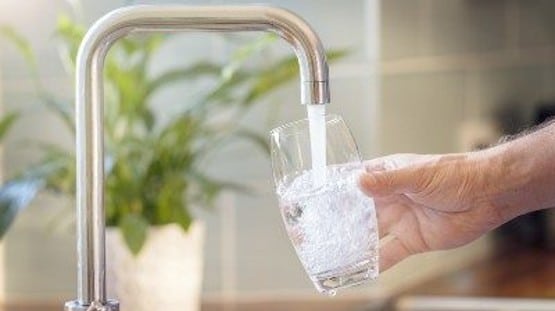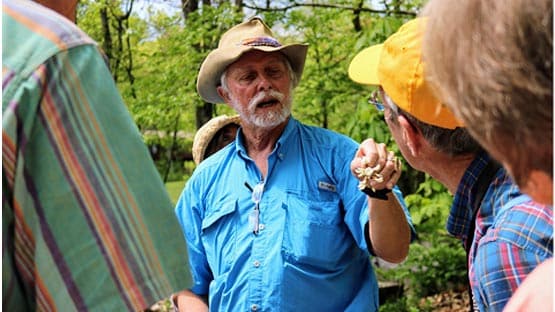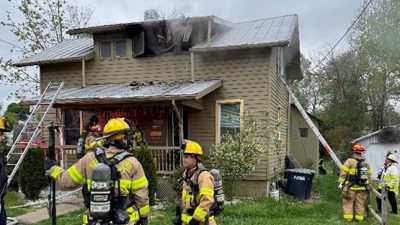
In its regular meeting yesterday, the State Water Control Board approved reissuance of two general permit regulations and designation of regional water supply planning areas.
Virginia Pollution Discharge Elimination System (VPDES) General Permits for Nonmetallic Mineral Mining and for Stormwater Discharges Associated with Industrial Activity were reissued.
Amendments were also approved to the Local and Regional Water Supply Planning Regulation, which assigns localities to regions which assess and plan for current and future water resource demands. The amendments delineate watershed-based regional water planning areas to facilitate collaboration and enhance public participation throughout the planning process. The amendments also address the requirement to identify water supply risks in the regional plans and provide that localities can request reassignment to adjoining regional planning areas.
The meeting also involved the board’s approval of adopting six new total maximum daily load wasteload allocations for sediment, two of which are in the James River watershed and four in the Roanoke River watershed. The approval will help the process to improve water quality in the areas.
Amendments were also approved to update references to current federal regulations for analytical methods, which will provide increased flexibility for the regulated community with respect to laboratory testing.
Revisions were approved to proposed amendments for the reissuance of the Virginia Pollution Abatement Regulation and General Permit for Animal Feeding Operations and Animal Waste Management (9VAC25-192). The board will accept public comments before consideration of a final regulation. Issuance of the regulations will enable certain animal feeding operations to continue to be covered under a general permit.
The board declined to initiate a rulemaking in response to a petition seeking to classify commercial fishing vessel pump water as a point source of pollution.
The board received an update on Mountain Valley Pipeline, for which construction has been focused on stream and wetland crossings and tying-in to pipe previously installed in upland areas. DEQ staff and contractors continue to perform daily inspections, and no new findings have been in noncompliance.










